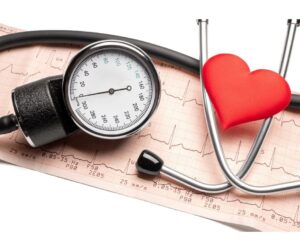What are the benefits of exercise?
We are always encouraged to exercise and be physically active, and we need to aim for 150 minutes across the week, but what benefits does it actually have to our health?
Type 2 Diabetes
Exercise starts to transport blood sugars around the body and lowers blood sugars within just one hour of exercising. Our muscles use up glucose to help give us energy when we are exercising which can mean that we will require less insulin, as well as the cells taking in more glucose from the blood. This can help to stabilise blood glucose levels.
Mood and Energy Levels
Exercising boosts the endorphins and serotonin running through the body which are the happy hormones. This can help to improve your mood, as well as your overall mental health as the amount of cortisol being produced, is decreased.
Energy levels are increased because exercising Is are increase helps to deliver oxygen and nutrients to the body’s tissues and helps your cardiovascular system work
more efficiently.
Cholesterol
Your HDL cholesterol increases, which is the good cholesterol which binds to bad cholesterol and carries it out of the body can help prevent atherosclerosis (the fatty material in the inner walls of the arteries that can become clogged and restrict blood flow and oxygen around the body).
Sleep
It improves your quality of sleep due to physical activity tiring you out. But try not to do any intense exercise 3 hours before bed because this may affect sleep quality.
 Blood Pressure
Blood Pressure
Carrying out exercise can help to strengthen the heart, so it does not have to work as hard to pump the blood around the body. This can then help lower your blood pressure.
If you need some support in getting your journey with exercise starting, including where to begin and what to do, MySugarWatch can help. We have diabetes specialist coaches to help motivate you and put a plan in place to help you increase your activity levels.
References
Kirwan JP, Sacks J and Nieuwoudt S (2017) ‘The essential role of exercise in the management of type 2 diabetes’, Cleveland Clinic journal of medicine, 84(7), pp. 15-S21.
Kredlow MA, Capozzoli MC, Hearon BA, Calkins AW and Otto MW (2015) ‘The effects of physical activity on sleep: a meta-analytic review’, Journal of behavioural medicine, 38(3), pp. 427-49. Muscella A, Stefano E and Marsigliante (2020) ‘The effects of exercise training on lipid metabolism and coronary heart disease’, American Journal of Physiology. Heart and circulatory physiology, 319(1), pp. H76-H88.
Pal S, Radavelli-Bagatini S and Ho S (2013) ‘Potential benefits of exercise on blood pressure and vascular function’, Journal of the American society of hypertension, 7(6), pp. 494-506.